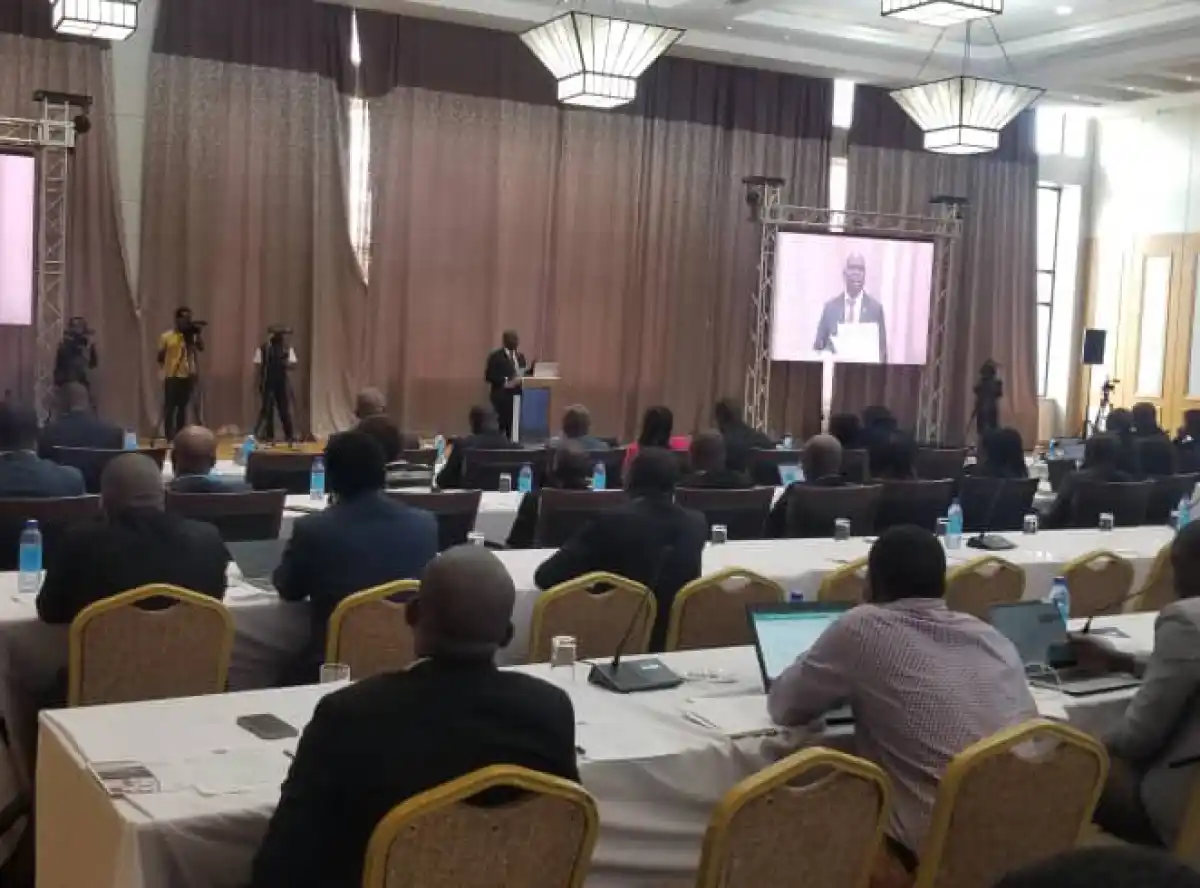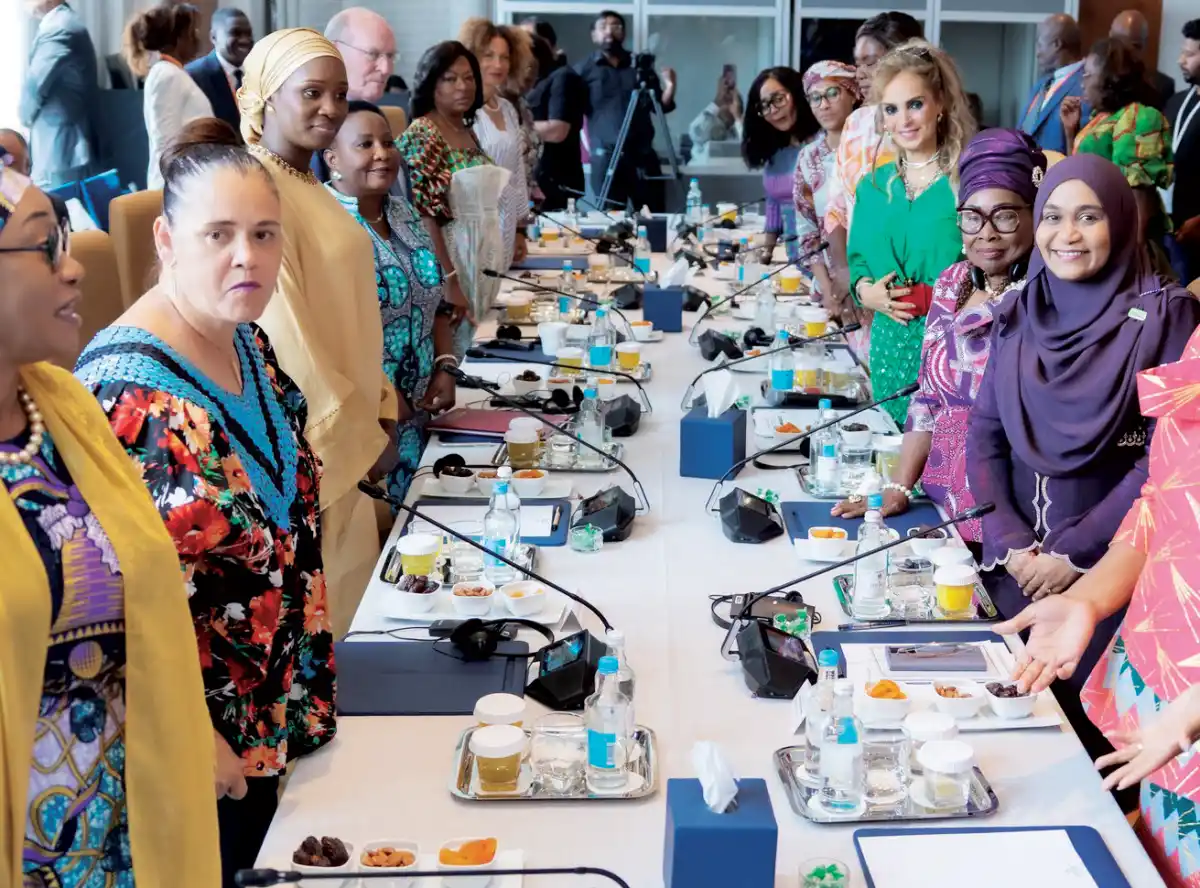
By Kingsley Jassi:
As Minister of Finance, Simplex Chithyola Banda, began the budget consultation meetings, one thing that emerged strongly at Monday’s session in Lilongwe was the need to change the budget framework and make it more responsive to prevailing conditions.
Various presenters made strong calls for a fiscal policy that begins to induce productivity and address supply-side problems that have riddled the economy, a call to which Chithyola Banda agreed to respond in the next budget.
“The position we are in requires innovation for us to come up with a budget that not only reflects what people want but also facilitates the quickest way of developing the country,” the minister said after the meeting.
Stakeholders from various sectors of society, including civil society, academia and the public and private sectors, converged to voice their views on the direction they want the fiscal policy to take, what should be dropped and what should be maintained in the 2025-26 budget.
Riddled with a myriad of challenges, largely stemming from low productivity, there were loud calls to address the weakening production systems that have allowed demand and inflation to thrive, at the expense of low-income earners and industry, exacerbating poverty and economic frailty.
However, for the Economics Association of Malawi (Ecama), Lilongwe University of Agriculture and Natural Resources (Luanar), the Malawi Economic Justice Network (Mejn), the Civil Society for Climate Change and others who made presentations, there was one common agreement—the country is not short of resources, but rather in the utilisation and prioritisation of those resources.
Mejn Executive Director, Bertha Phiri, advocated for increased financing in social sectors and local councils to ensure reduced vulnerabilities at the grassroots, while calling for fair taxation policies that do not exempt large corporations, especially foreign companies.
Ecama president, Bertha Bangala Chikadza, cautioned Chithyola Banda against relying too heavily on donor funding when formulating the budget, saying the current budget shows that donors have let him down, as evidenced by the 84 percent underperformance of budgeted donor funds.
Chikadza added that the budget should be realistic to ensure successful implementation and warned that unrealistic assumptions have led to economic hardship.
She cited inflation, which was projected to be about 28 percent by the end of the year but is now expected to average above 32 percent and the growth rate, which will be slower at 1.8 percent, compared to the initial projection of 3.2 percent, among other issues.
The Ecama presentation also challenged the fiscal authorities to give equal attention to other high-potential sectors, such as mining and tourism, if the economy is to diversify beyond agriculture.
“Key sectors like mining and tourism are not being prioritised enough. Yes, we are an agriculture-based economy but perhaps that is because we give minimal attention to other sectors that have the potential to surpass agriculture,” Chikadza said.
In their presentation, Luanar called for a shift in focus within the agriculture sector and advocated for a move from subsistence-oriented policies to large-scale mechanised and irrigation farming that supports an export base beyond food sufficiency.
“For a long time, we have been relying on small-scale subsistence farmers but that cannot take us anywhere.
“The time for the hand hoe is long gone and we need to invest in large-scale commercial farming that focuses on high-value crops for export,” Innocent Phangaphanga of Luanar said.
Chithyola Banda has since indicated that his ministry will incorporate some of the suggestions and policy recommendations, while others will be recorded for further research to determine how best they can be integrated into fiscal policy.
The minister and his team will also host meetings in Mzuzu and Blantyre ahead of the 2025-26 budget to be presented in March.
Pre-budget consultations are a process in which the Ministry of Finance engage with various stakeholders before finalising the national budget.
The goal is to gather input and feedback from a wide range of groups, including civil society organisations, business leaders, academics, public and private sector representatives and community groups.





0 Comments